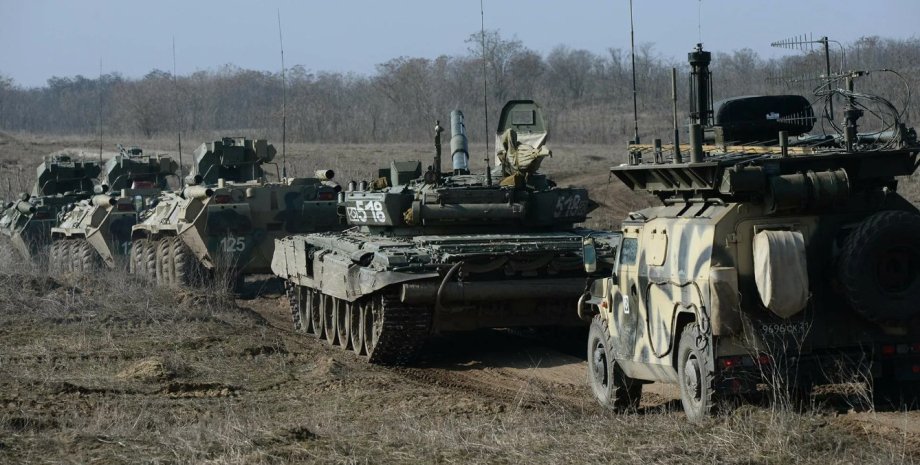
According to Sergey Chemezov, the head of the State Corporation of Rostech, this is due to the desire to reduce the time of arms receipt directly into the units of the Armed Forces of the Russian Federation. The Russian official argued this decision by the fact that defense enterprises have gained a high rate, in some positions production increased "ten times", thus responding to the needs of the front. "Often, new samples are tested not on landfills, but in real combat conditions.
This approach is at times shortensing the path from factory shops to army units," Chemezov said. Meanwhile, this approach has its negative consequences. Commenting on the words of Rostech representative, Western analysts say that Russia not only saves time on field tests, but also on materials used to produce certain types of weapons. On the one hand, it may look quite logical. For example, during the war in Ukraine, Russian yellow-green shells of 122 and 152 mm caliber were spotted.
Russian manufacturers have determined that these ammunition, which go directly to the front, do not require the usual anti -corrosion shell or printed technical information - functions intended for long -term storage. On the other hand, the passage of field tests in the development of new weapons can lead to significant failures for the Armed Forces on the battlefield, as unverified systems may be unreliable and ineffective.
The fact is that field tests are critical: they not only confirm the technical characteristics of weapons, but also help to identify a shortage, possible shortcomings or weaknesses. Analysts emphasize that by testing in controlled conditions, engineers and equipment can systematically analyze how weapons behave. By checking the weapons system, for example, in different weather conditions, under load and in different situations, experts can obtain valuable information about its real productivity.
This careful approach is necessary to ensure reliable operation of weapons in combat. And without such tests, the risk of failures on the forefront increases, which can lead to losses in live strength and valuable equipment. In addition, the lack of field tests reduces the opportunity for important staff training. Testing grounds give servicemen the opportunity to gain practical experience with new systems, to understand their features and to learn how to navigate various combat scenarios.
Without this important training, soldiers can come across difficulties in the effective use of new weapons, which potentially reduces the operational capabilities of the Russian forces. "Moreover, fast action can indicate a lack of resources or economic pressure.
Limited funding can interfere with comprehensive quality testing and quality control, which forces Russia to make quick decisions, thereby increasing the risks associated with the deployment of these new technologies in combat scenarios," - the observers summed up. Earlier it was reported that the CCSS of Russia received a new batch of fifth-generation Su-57 fighters, as well as multi-purpose Su-35C fighters. According to Rostech, the next party of these fighters is also "highly readiness".










All rights reserved IN-Ukraine.info - 2022